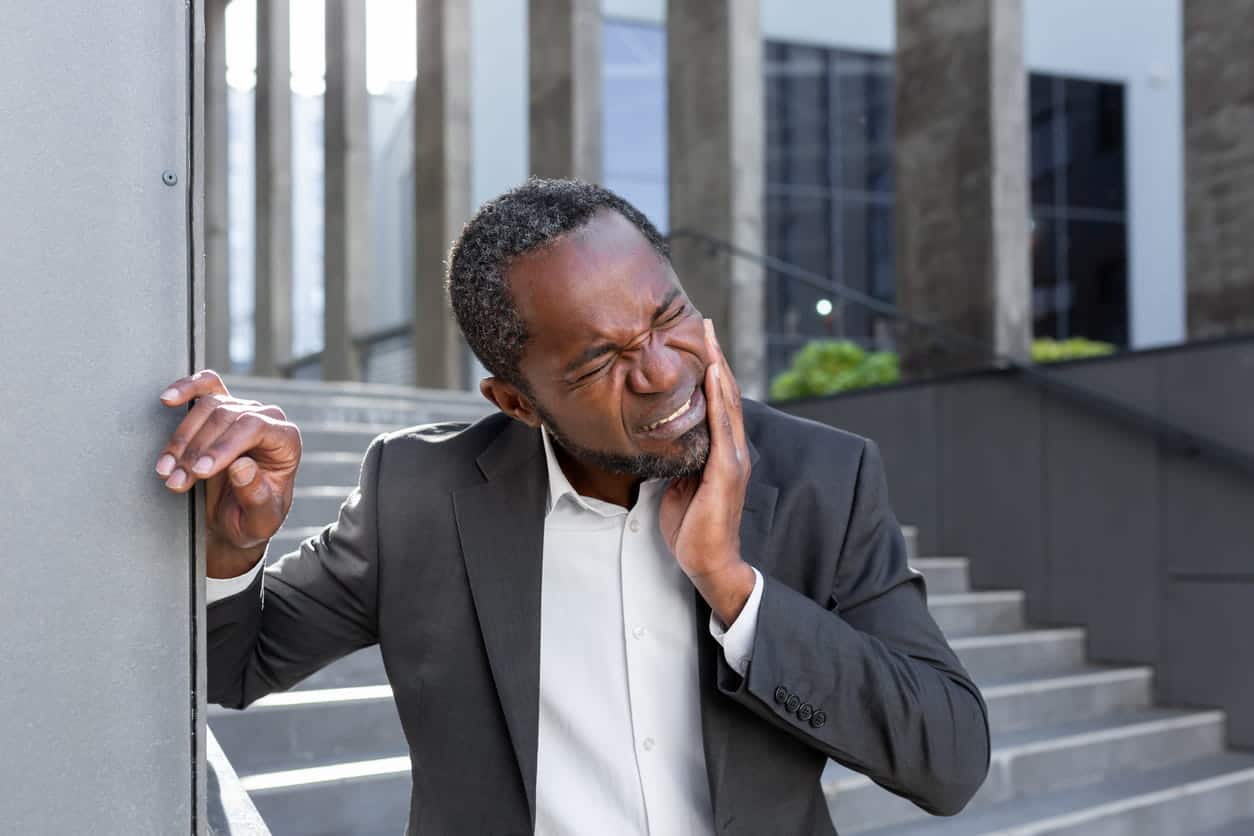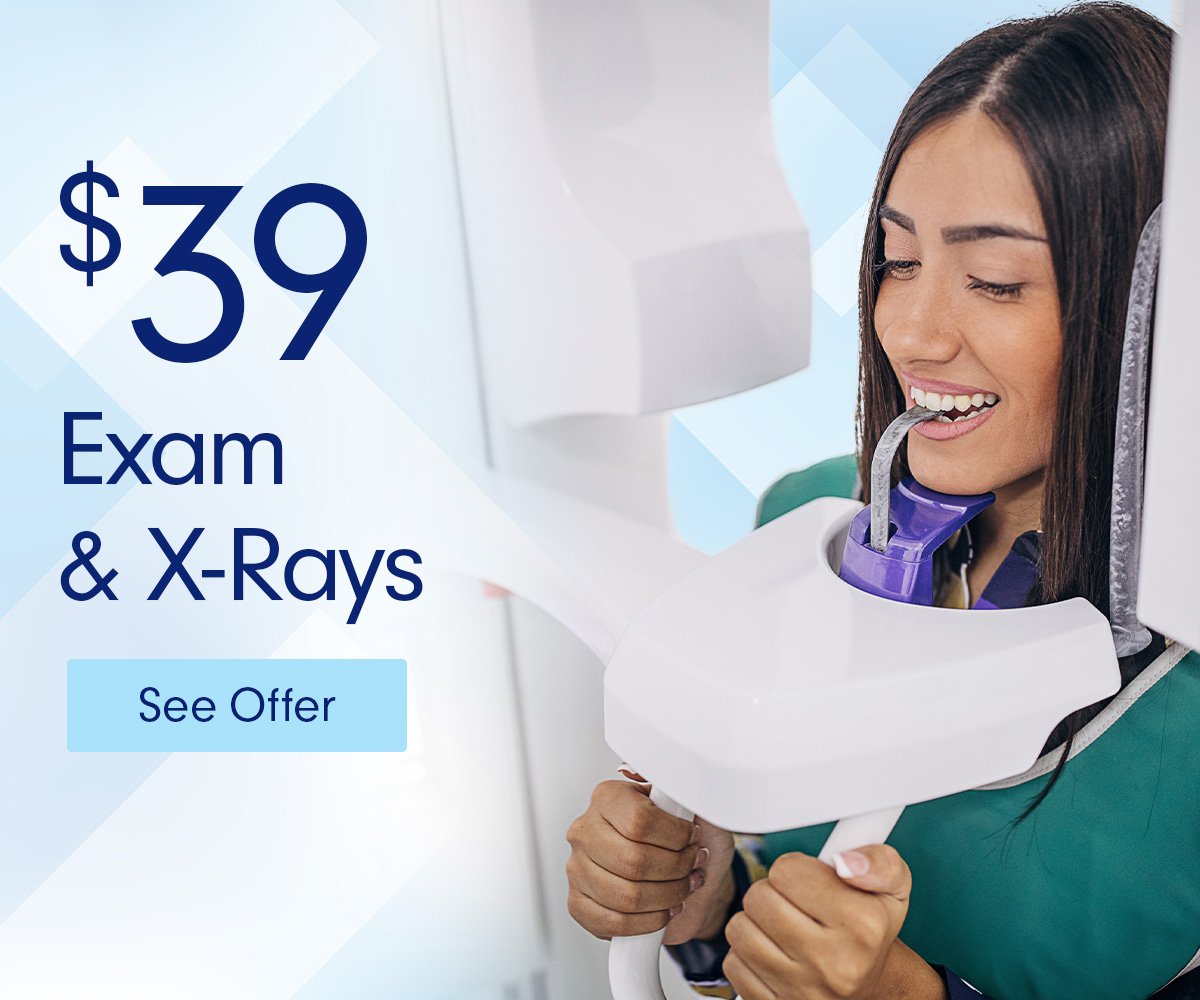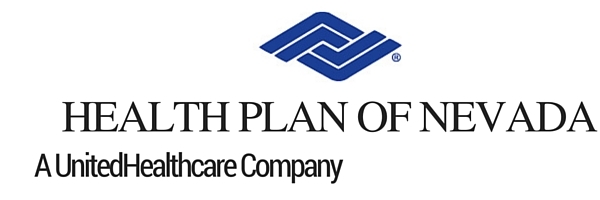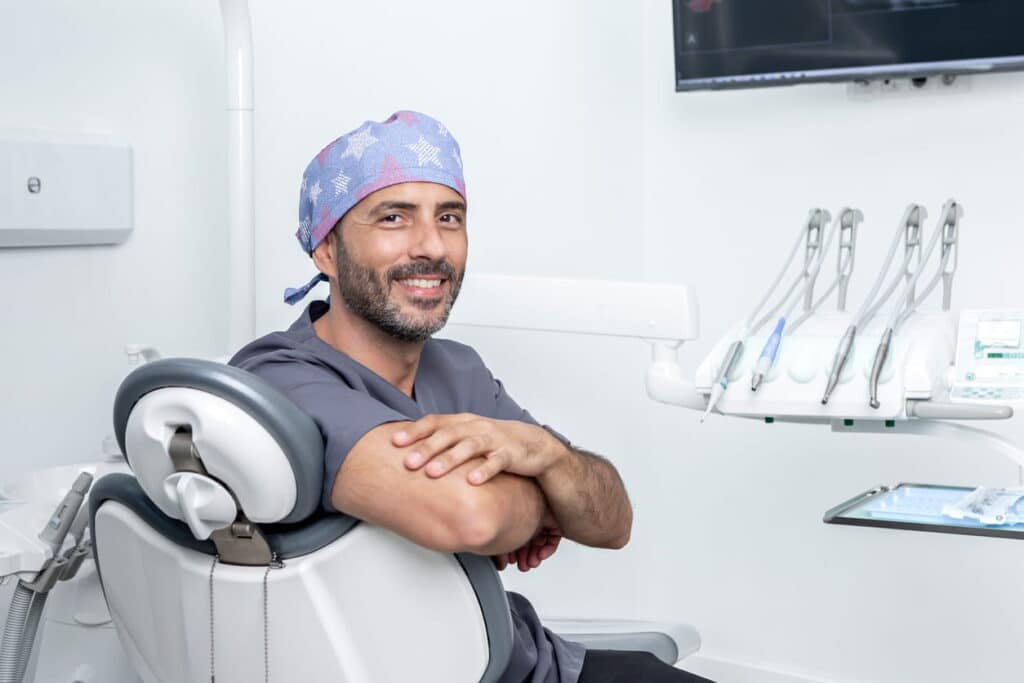What Are Considered Dental Emergencies?
Dental emergencies are much more than just an inconvenience. These emergencies leave people with severe pain, swelling, or dental damage that cannot improve without professional dental treatment. Here are common types of dental emergencies we can treat at Absolute Dental:
1. Severe Toothaches
Nothing can ruin your day more than a throbbing toothache that seems to be getting worse. If you’re dealing with constant dental pain and discomfort, it’s time to see a dentist right away. It could be a sign of a tooth abscess or a spreading infection that could affect your overall health. We can immediately relieve the pain and treat the underlying cause of the toothache.
2. A Chipped Or Broken Tooth
A broken or cracked tooth can lead to bigger problems, including serious infections of the tooth’s pulp or nerves, requiring more extensive treatments. It can also be very painful and jarring to suddenly experience a broken tooth after a fall or accident. Visit our nearest Henderson office, where our dentists can put together a plan to repair the damage.
3. Knocked-Out Tooth
In some cases, a tooth may fall out completely after a hard blow to the mouth. If this happens, our dentists may be able to restore the tooth. Preserve the tooth in milk, clean water, or saline solution, and head to Absolute Dental as soon as possible. The more time that passes, the less likely we’ll be able to save the tooth.
4. Broken Dental Restorations Or Braces
Broken or damaged dental equipment can pose a choking hazard or expose your teeth to harmful bacteria. Our team of Henderson emergency dentists can help with the following:
- Broken metal or ceramic braces
- Cracked fillings or crowns
- Fillings or crowns that have completely detached
- Loose crowns or fillings
- Other broken dental restorations
5. Food Or Objects Lodged Between Teeth
When something becomes lodged between your teeth, and brushing or flossing cannot remove it, you should see a dentist as soon as possible. Leaving it there could lead to severe irritation, swelling, infection, or your teeth beginning to loosen and shift.





















